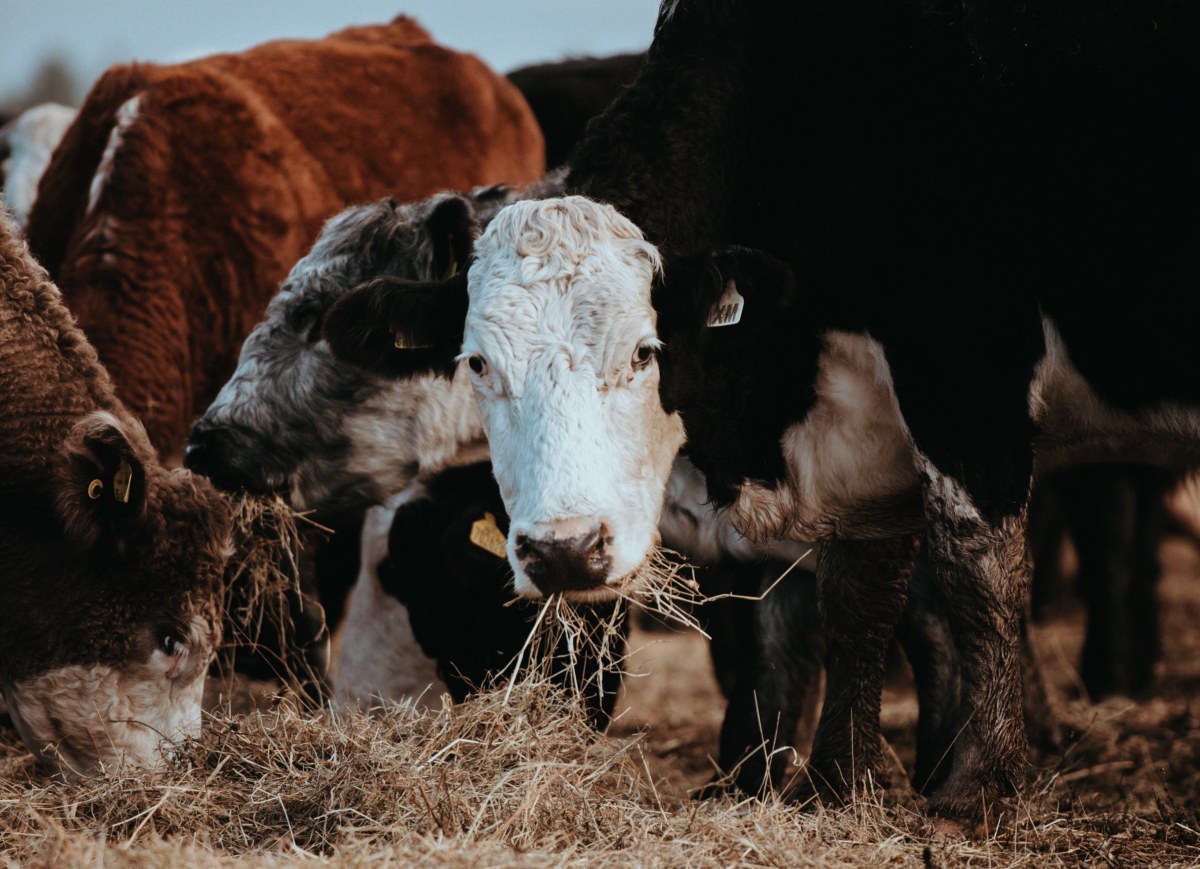Oregon researchers will add cattle to their hemp animal feed studies under a new federal grant.
The U.S. Department of Agriculture granted nearly $300,000 to researchers at Oregon State University studying how to implement the safe use of hemp byproducts into livestock diets, to maximize their potential nutritional properties.
The Oregon State study earned $299,950 in an $8.5 million chunk of funding awarded for 29 research and Extension grants from the USDA’s National Institute of Food and Agriculture. It was the only hemp-specific research project to be funded.
U.S. Sens. Ron Wyden and Jeff Merkley, Democrats from Oregon, said the grant could be a boon to farmers throughout the country.
“This OSU research will help to continue building the case for federal approval or hemp biomass on cattle farms, making a natural connection between two signature Oregon products – livestock and hemp,” Wyden said in a statement.
Merkley said he looked forward to seeing the results of the cattle feed study and pledged to “continue to secure the resources needed” to contribute to agricultural research, according to the Sierra Sun Times.
The grant adds to Oregon State’s research on hemp in animal feed, which includes a study that began last fall on feeding hemp biomass to sheep and whether the biomass affects the tenderness of the animals’ meat and its impact on the meat’s shelf life.
The Hemp Feed Coalition recently submitted completed its first submission for hemp to become an approved animal-feed ingredient for consideration by the Association of American Feed Control Officials (AAFCO) and the U.S. Food and Drug Administration’s Center for Veterinary Medicine.
If approved, the ingredient application will allow hempseed meal and cake to be legally used as commercial feed for laying hens.
The group’s research focus will include the clinical trials necessary to add ruminants – animals such as cattle, sheep and goats – to the submitted AAFCO and FDA-CVM application for hempseed meal.
Medical Disclaimer:
The information provided in these blog posts is intended for general informational and educational purposes only. It is not a substitute for professional medical advice, diagnosis, or treatment. Always seek the advice of your physician or other qualified healthcare provider with any questions you may have regarding a medical condition. The use of any information provided in these blog posts is solely at your own risk. The authors and the website do not recommend or endorse any specific products, treatments, or procedures mentioned. Reliance on any information in these blog posts is solely at your own discretion.





